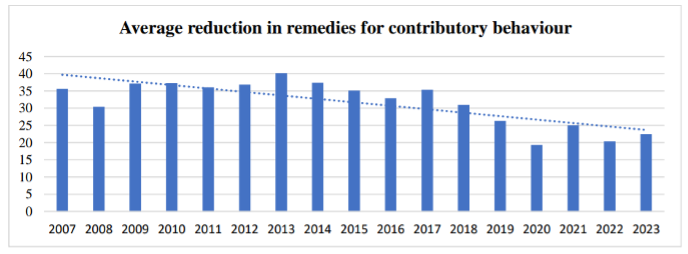
'These changes will strike a better balance and increase certainty for employers'

Employees who committed serious misconduct may no longer be able to seek remedies in legal disputes thanks to new reforms unveiled by the New Zealand government.
Workplace Relations and Safety Minister Brooke van Velden said among the changes to be introduced in the Employment Relations Amendment Bill is the simplification of personal grievances.
The proposed change wants to remove "all remedies for employees whose behaviour amounts to serious misconduct," such as violent behaviour, bullying, sexual harassment, racial harassment, dishonesty, using illegal drugs, theft or fraud, among others.
It also seeks to remove an employee's eligibility for reinstatement in a role, as well as compensation for hurt and humiliation, when the employee's behaviour contributed to the issue.
Other related changes proposed include:
"These changes will strike a better balance and increase certainty for employers so they can focus on their business," Van Velden said in a statement.
The minister attributed the plan to rising average compensation for hurt and humiliation in legal disputes, and decreasing average reduction in remedies for contributory behaviour.

Source: New Zealand government

Source: New Zealand government
Van Velden also pointed out instances where employers ended up paying or reinstating a former employee who had engaged in serious misconduct.
"The status quo has led to increasing uncertainty and potential costs for employers and has incentivised employees to try their luck at raising a personal grievance in the hope that they will get a financial payout," the minister said.
She said she heard of a case where an employee who was dismissed for falsifying information on their timesheet ended up receiving $10,500 in compensation and 13 weeks of lost wages from their former employer.
"This is not the balance personal grievances are meant to strike," Van Velden said.
Meanwhile, the plan was met with support from the Employers and Manufacturers Association (EMA), who said that the reforms will reduce financial burden among employers and restore their confidence in the system's fairness.
"It's important that the system no longer rewards employees for poor behaviour or performance. Employers should not be left footing the bill when an employee has clearly acted improperly," said Alan McDonald, EMA Head of Advocacy, in a statement.
"Minor procedural flaws in contracts or paperwork, in comparison with major breaches that may have been committed by the employee, shouldn't result in a favourable decision for the employee."